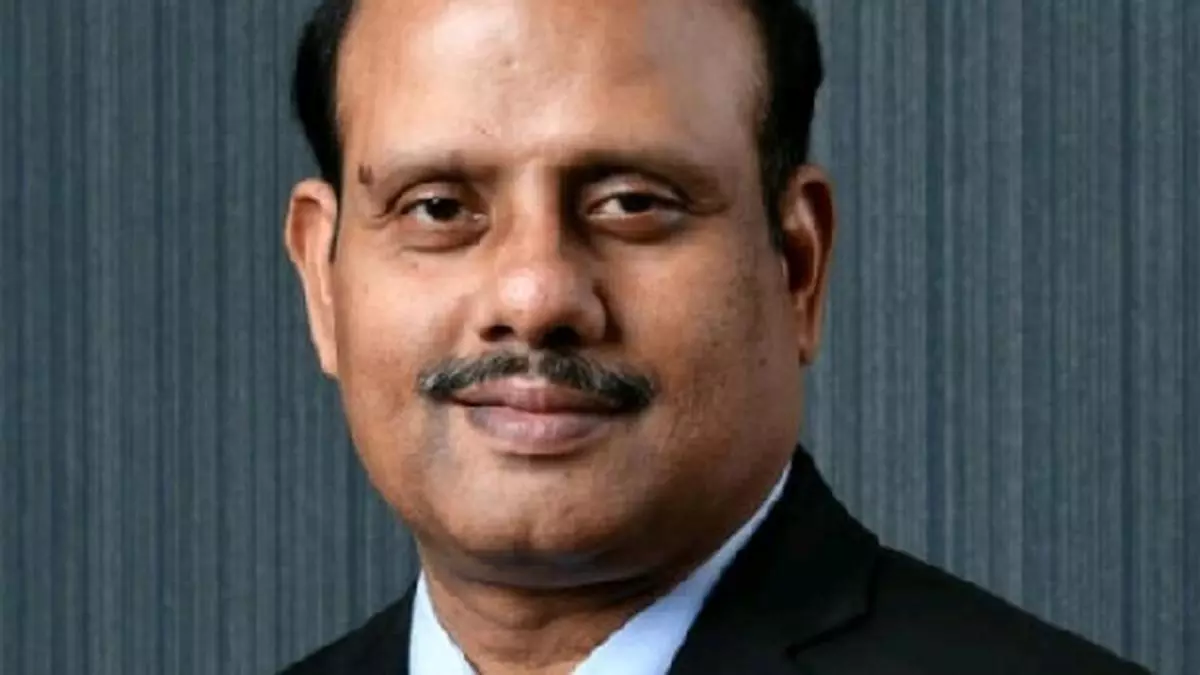RBI Dy Guv Swaminathan underscores importance of sustainable business models for SFBs
RBI Deputy Governor Swaminathan J on Friday highlighted the importance of sustainable business models for small finance banks (SFBs) and the necessity for these Banks to be vigilant and proactive in identifying and mitigating emerging risks.
This observation comes in the backdrop of SFBs offering higher interest rates (50-250 basis points) as compared to universal banks to mobilise deposits to fund credit growth.
In his keynote address at the Conference for the Directors on the Boards of SFBs at Bengaluru, Swaminathan underscored the significant role of Governance in guiding the Banks towards sustainable growth with stability.
He emphasised the need for strengthening cybersecurity to safeguard against digital threats, and urged a stronger focus on financial inclusion, customer service and grievance redressal to ensure a broader reach of banking services.
SFBs were set up in 2016 to meet the financial needs of the marginalised sections of society. They are differentiated or niche banks.
Considering their focus on financial inclusion, SFBs are required to lend at least 75 per cent of their ANBC (adjusted net bank credit) to priority sectors, as compared with 40 per cent in the case of other Scheduled Commercial Banks (excluding Regional Rural Banks).
CRISIL Ratings, in a report, last month assessed that SFBs are expected to grow their advances by a robust 25-27% this fiscal, though a tad lower than the previous fiscal’s ~28 per cent growth.
Segmental and geographical expansion, underpinned by a strong and increasing presence in semi-urban and rural markets with large unmet demand, will continue to drive growth.
“Amid challenges in mobilizing deposits and their higher cost, SFBs are likely to explore alternative, non-deposit avenues to fund credit growth. That said, capital buffers to support growth remain healthy for SFBs,” per the agency’s report.
